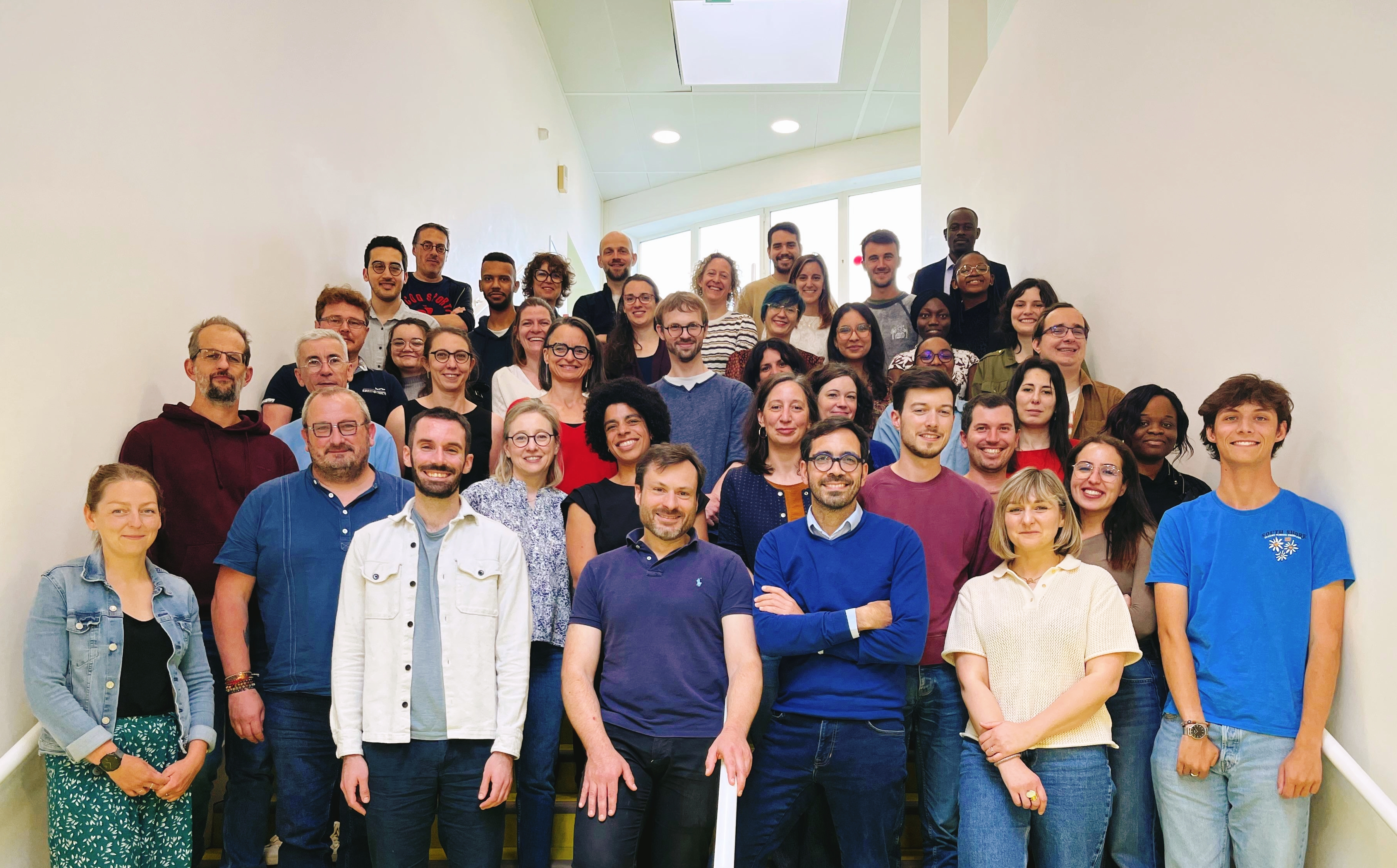
SPHERE Summer Science Day in Tours
On Thursday 5 June 2025, all the members of SPHERE met up in Tours!
The morning's programme included a review of the unit's flagship projects over the last few years, which gave rise to a wide range of discussions. 🗣️
After a convivial lunch, the afternoon was devoted to presentations on a variety of subjects:
🧑🎓 Presentation by new doctoral students of their thesis topic
🔎 Scientific projects or work (interdisciplinarity in the context of end-of-life care, creation of a well-being and safety scale for patients ventilated in intensive care, or patient-centred assessment criteria for evaluating post-resuscitation syndrome)
👦News from the unit's Young Researchers group
🌏Feedback from the ecological transition working group
A day rich in discussions and exchanges!
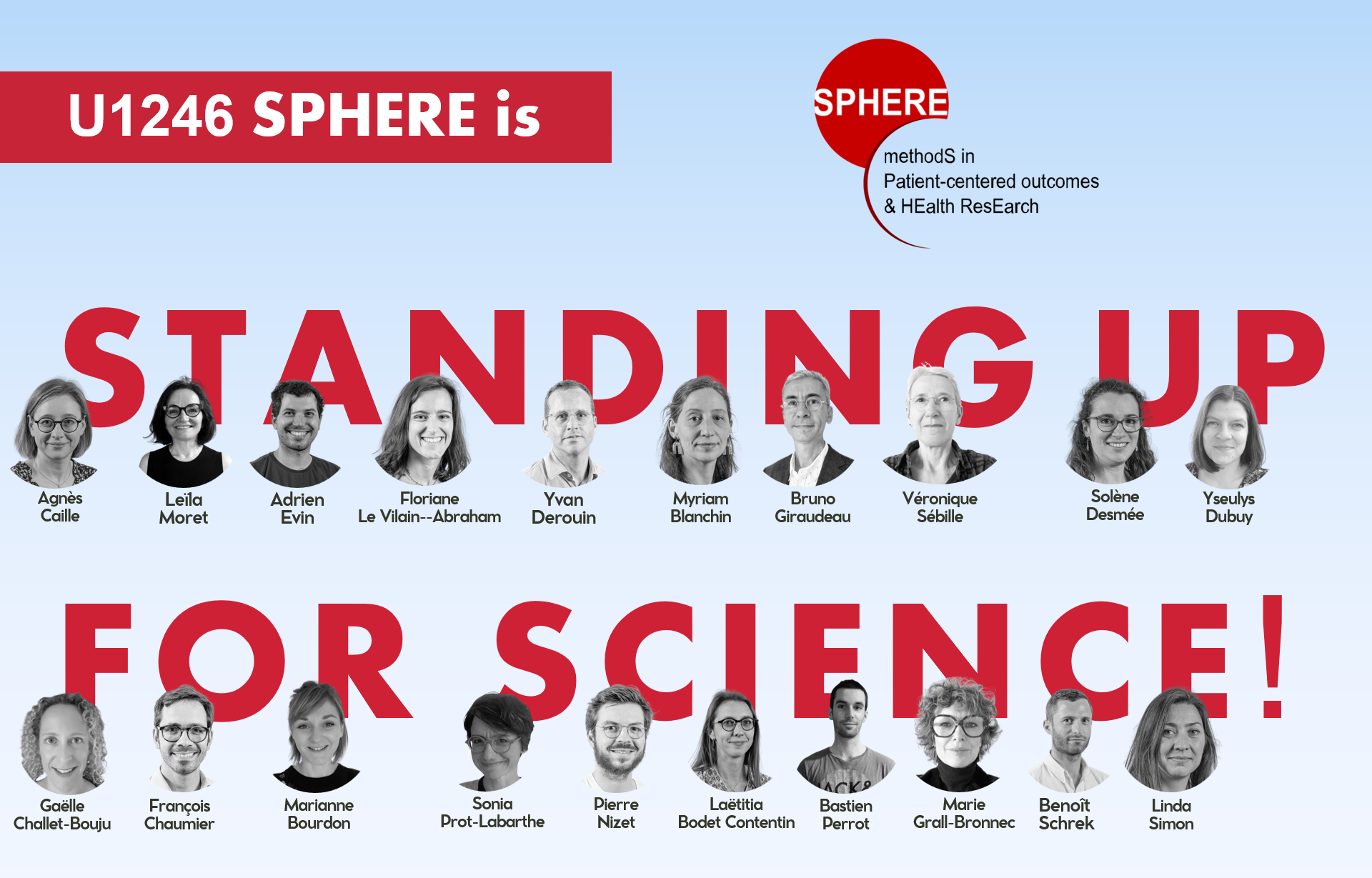
SPHERE expresses its deep commitment to academic and scientific freedom and the dissemination of knowledge and supports the 'Stand Up for Science' movement
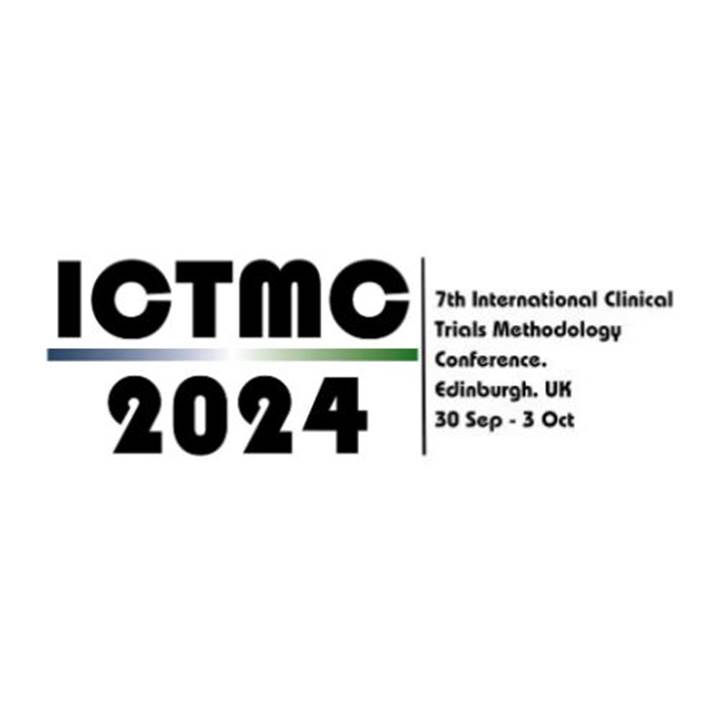
International Clinical Trials Methodology Conference (ICTMC) 2024 : Jules Pereira Macedo won the title for best student oral presentation !
The 7th ICTMC congress took place from September 30 to October 3, 2024 in Edinburgh. An international congress bringing together analysts, methodologists, researchers and clinicians presenting their work on methodology in clinical trials. Jules presented his work on “Estimation of a risk difference in a cluster randomized trial” and won one of two titles for best student oral presentation.
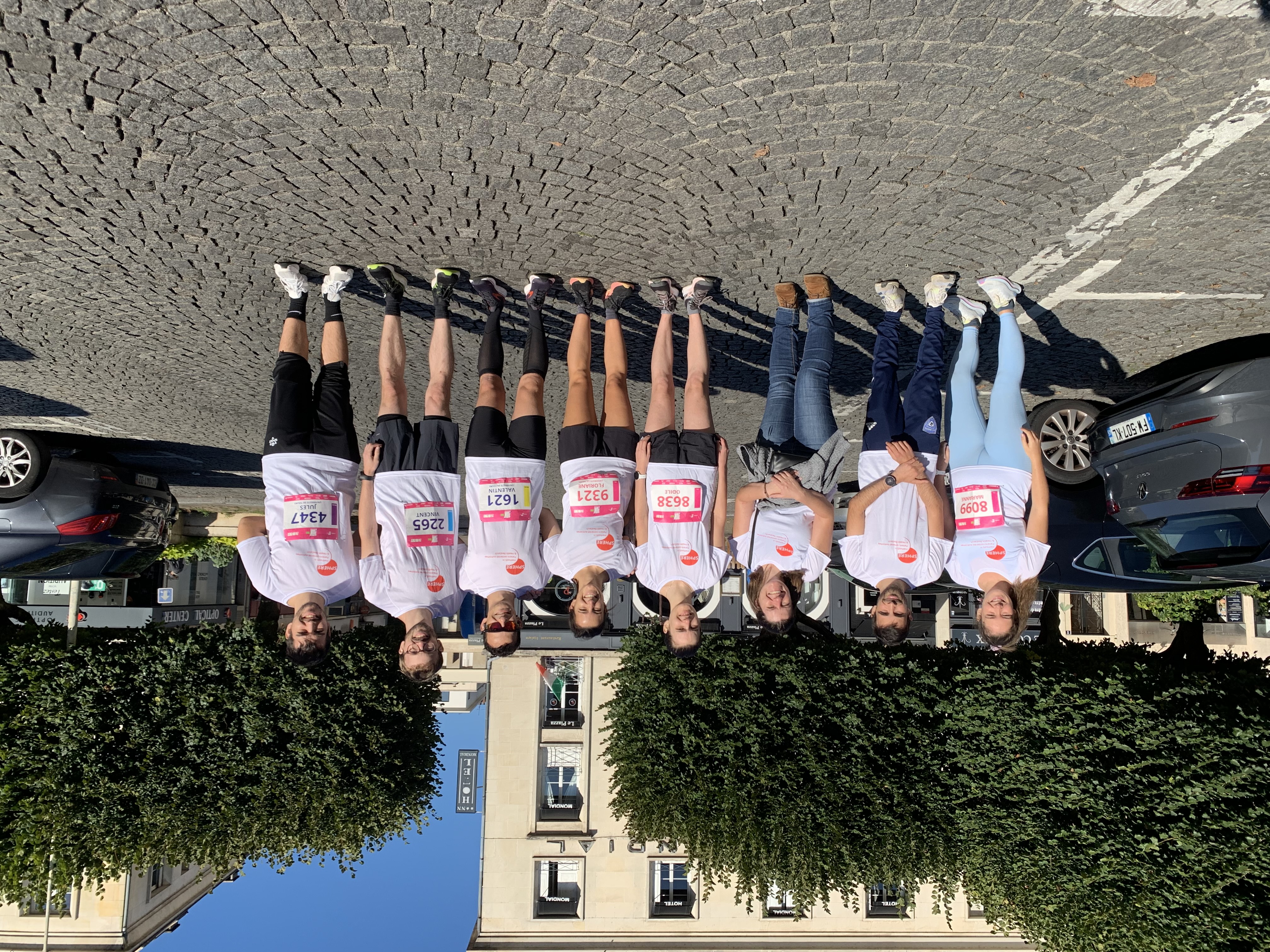
On September 24, SPHERE athletes took part in the Tours 10km-20km and marathon!
On Sunday, September 24th, the team of young researchers from SPHERE met in Tours and launched into a sports adventure by participating in the city’s annual running race. The following Monday, they discussed the best way to design slides and posters for their conference presentations, thesis defenses, and other similar events. Overall, this weekend was an enriching experience that significantly strengthened the cohesion within the team of young researchers
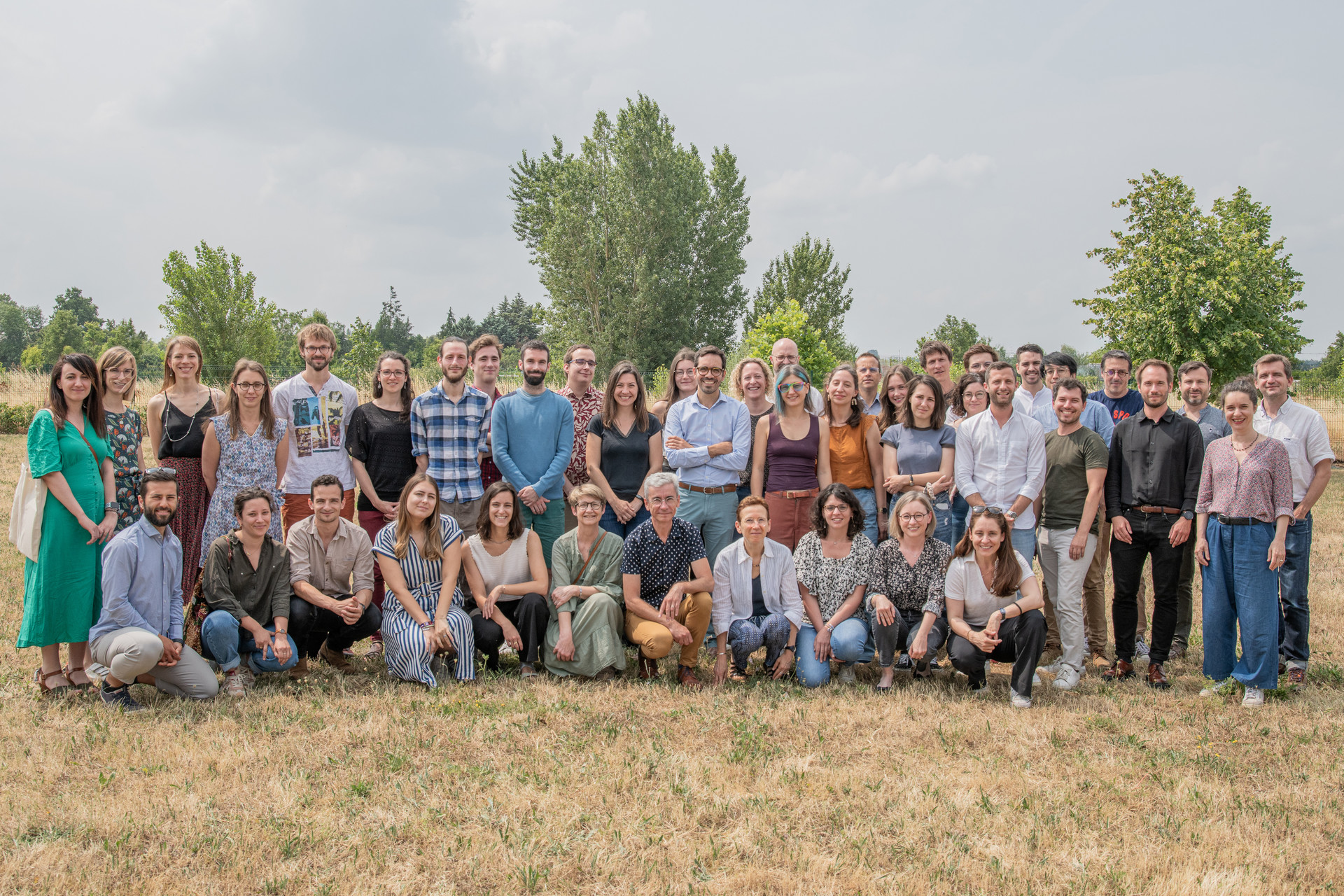
SPHERE Summer Science Day in Tours
On Thursday 29 June, all SPHERE members met in Tours!
The programme included a workshop on the CARER systematic review project and a workshop on the ecological and social transition.
After a convivial lunch that was the occasion of a few photos and a meeting of young researchers, the unit exchanged on how to evaluate the future of patients after reanimation and how to involve patients and caregivers in conducting research.
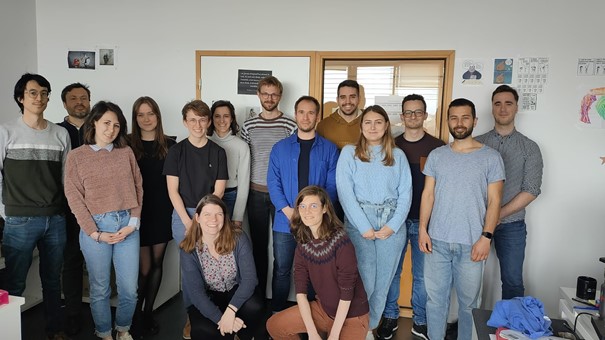
SPHERE young researchers' days - March 2023
On March 27, 2023, the young researchers of SPHERE met in Nantes for their first scientific day!
On the agenda: presentation of software for the writing of the thesis manuscript and thoughts concerning the group's identity.
We started by a presentation of the LaTeX language and a feedback from former SPHERE PhD students: how did they write their manuscript? What challenges did they face ? etc.
After a convivial moment during lunch, everyone got to work:
- The first group made its first steps with Overleaf, an online Latex editor. This workshop was organized by Floriane and Yseulys.
- The second group worked on the identity of the "young researchers of SPHERE" group, which brings together a wide variety of profiles: interns, residents, PhD students, young doctors, junior engineers, postdoctoral researchers and graduate assistants. They also brainstormed on the actions we could take to stimulate scientific life, cohesion and mutual aid between young researchers.
It is already time to leave, but everyone leaves full of ideas! We will meet again in June at the SPHERE scientific day !
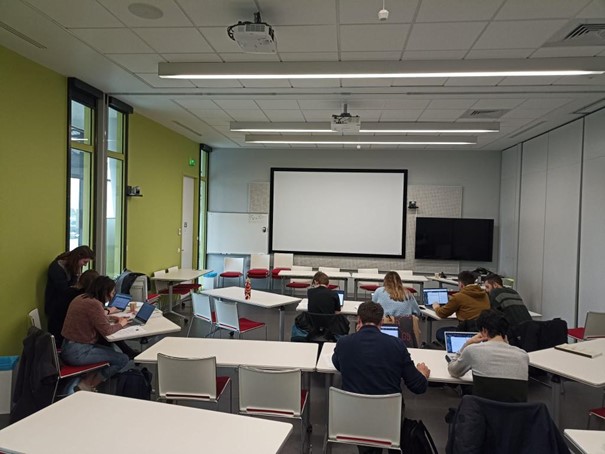
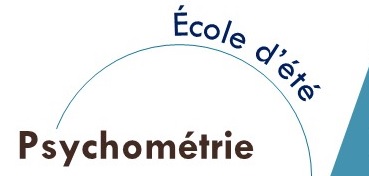
Summer School of Psychometrics 2023
Myriam Blanchin, Yseulys Dubuis, Jean-Benoit Hardouin, Véronique Sébille
The UMR INSERM 1246 SPHERE is organizing its first psychometrics summer school from June 14 to 16, 2023 in Nantes. The theme of the summer school will be "The construction and validation of scales for measuring self-reported outcomes in health".
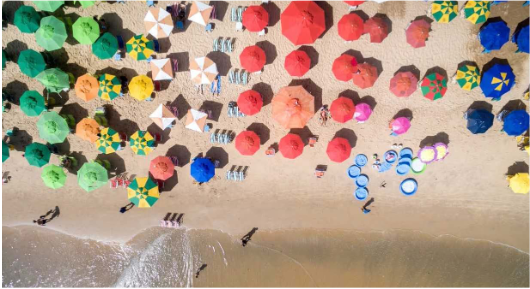
INSERM workshop 274 "Cluster randomized trials and within-person randomized trials: statistical, practical and ethical issues"
Agnès CAILLE, Bruno GIRAUDEAU (SPHERE) et Laurent BILLOT (The George Institute for Global Health, Newtown, AUS) are organising an Inserm workshop on cluster randomised trials.
The theoretical phase will take place on 21-23 June 2023 in Bordeaux with many international experts.
Practical workshops are proposed in October 2023 in Tours.
Date limite d'inscription : 10 mars 2023
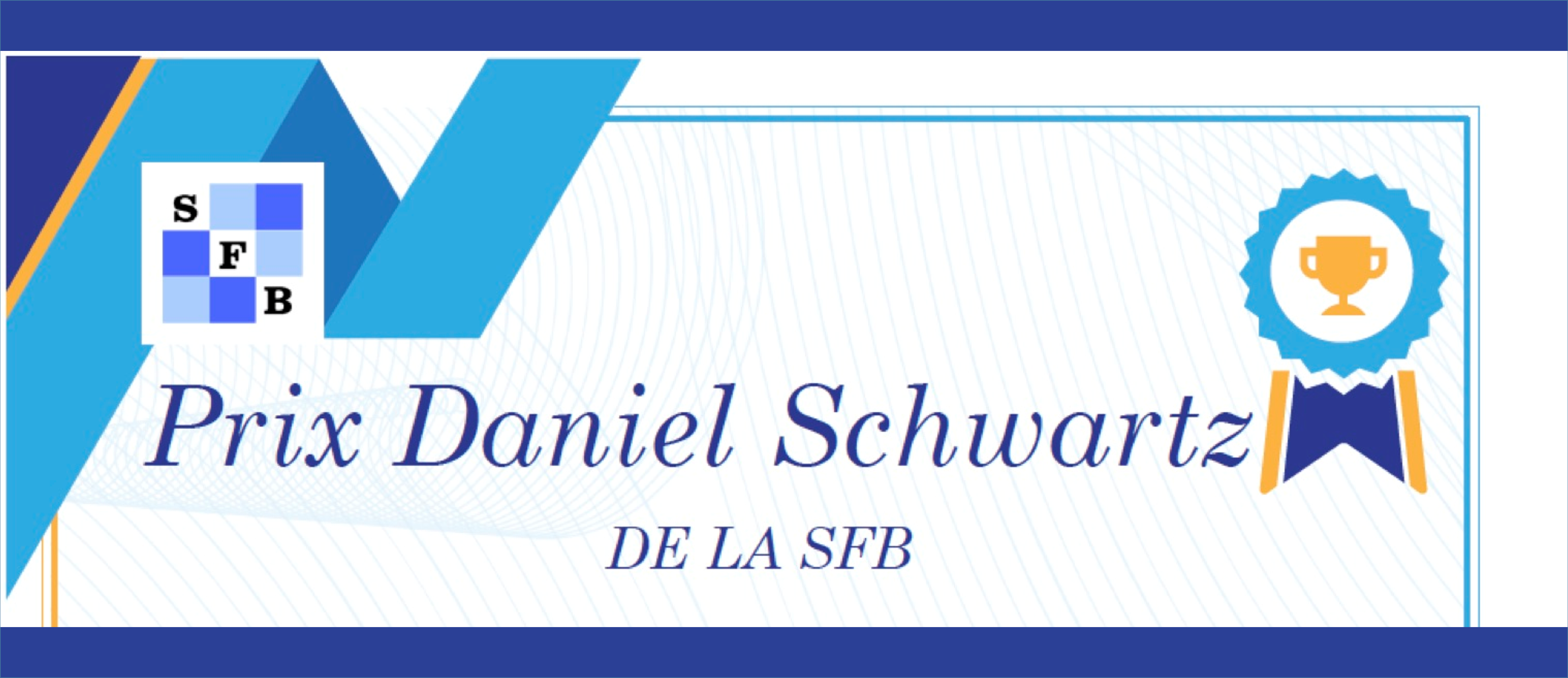
Arthur Chatton and Marion Kerioui received the 2022 Daniel Schwartz award for their thesis !
The 2020-2022 thesis prize «Daniel Schwartz», founder of the French Society of Biometrics, French component of the International Biometric Society (IBS), was awarded to two spherian doctoral students: Arthur CHATTON and Marion KERIOUI
They were invited to present their research at the Journée Jeunes Chercheur.e.s of the Société Française de Biométrie, held in Rennes on 19 January 2023.
Congratulations to both of you!
 @Sphere_U1246
@Sphere_U1246